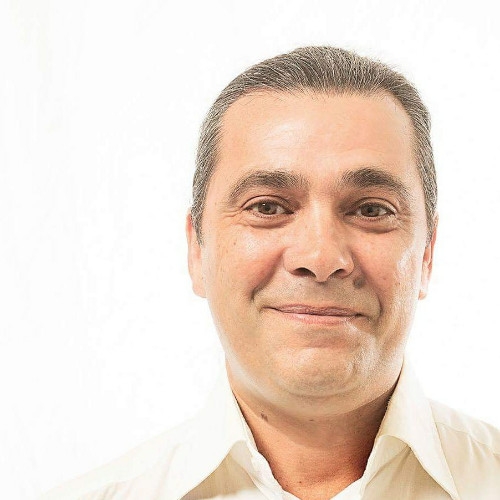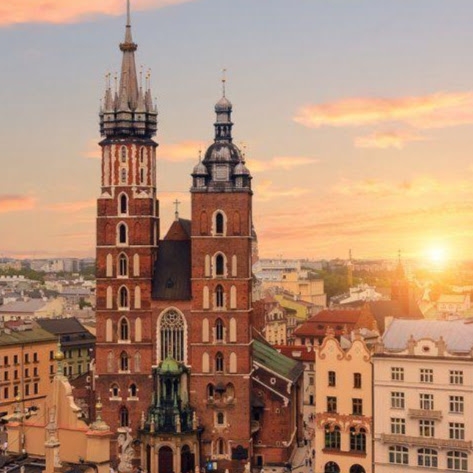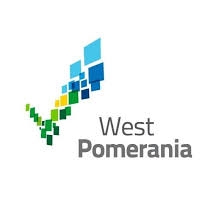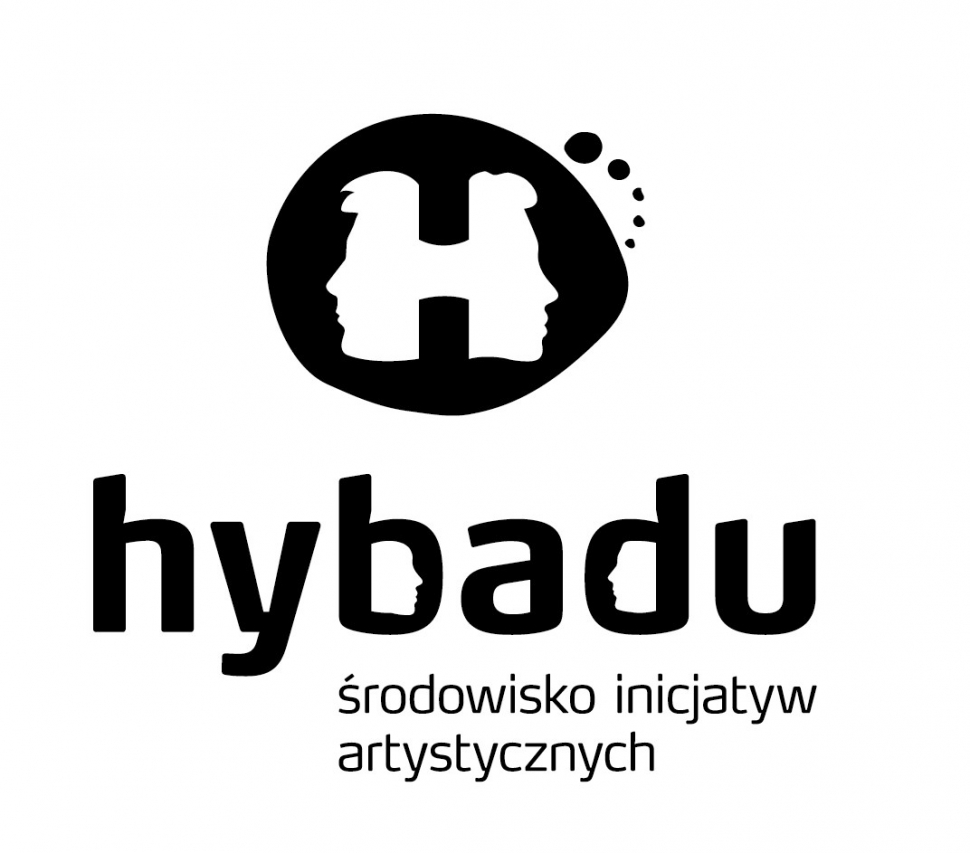
SSW Collegium Balticum
Looking for Partnership Looking for Extra EU Funds
SZCZECIŃSKA SZKOŁA WYŻSZA COLLEGIUM BALTICUM founded in 2000 is continuously ranked as one of the best private universities in northern Poland. It is characterized by great human capital and huge development potential. School authorities have managed to build an institution that gives its students a solid education and thus a great start to their professional life. It is desired to provide young adults with knowledge comprising many fields so that they can receive an interdisciplinary education providing them with a better chance on the difficult labor market both in Poland and internationally. Current educational offer includes following faculties: educational science, foreign language studies, national security, IT and economy at BA, MA levels as well as post-graduate studies in teaching methodology, business, management. A significant part of research work is the dissemination of the institution’s output and the exchange of experiences through conferences and seminars.
Institution’s mission is to provide excellence in education as well as attractiveness and marketability of proposed programs. Educational offer is constantly adjust to requirements of the market. It ensures the development of the intellectual potential of students and shapes their interpersonal, leadership, teamwork, and problem solving skills. It develops discipline, creative thinking, effectiveness, flexibility and entrepreneurship. We create on our university Cooperation with Business Center because we believe that only cooperation science with business is the most ;
Collegium Balticum is situated in western Poland, in city of Szczecin that presently displays a growth potential and splendid prospects of becoming attractive to various investors, although the employment rate is 7,6% in the city and 13,1% in whole Westpomeranian region. Moreover, Szczecin is an important research center that enjoy good reputation in the world. Its immense scientific potential exerts direct influence on science development in the country.
Collegium Balticum plays an important role on local educational market in terms of additional thematic courses for disadvantaged groups people from socially and economically disadvantaged areas, unqualified adults and others.
Institution has around 30 students with different impairment.
Collegium Balticum intention is also to cooperate with local authorities in order to provide thematic workshops and seminars and to attract target groups.
When it comes to project management, administration and dissemination Collegium Balticum has a great experience in European educational projects. Institution participated or is participating in different projects:
1. DEPART (project number 2011-1-LT1-GRU06-04870 2)- which was LLP, Grundtvig project; its aim was to develop educational processes using art techniques
2. HEI – UP (project number 518035-LLP-1-2011-1-AT-ERASMUS-ECUE) – which was LLP, Erasmus multilateral project; its aim was improving business process management in higher education institutions ()
3. MMLT (project number 530963-LLP-1-2012-1-GR-KA2-KA2MP) – which was LLP, K2 multilateral project; its aim is to develop Maria Montessori methodology in language training ()
4. OPEN (project number 2013-1-ES1-LEO05-66234) – which is LLP, Transfer of Innovation project; its aim is to improve linguistic competences and mobility possibilities among deaf people;
5. ForestVET (project number 2013-1-TR1-LEO05-47503) – which is LLP, Transfer of Innovation project; its aim is to improve sustainable forest management;
6. Open the Door to Europe (project number 2014-1-ES01-KA204-004738) - which is Erasmus+, KA2 Strategic partnership project; its aim is to develop innovative techniques in language teaching
7. InterPrise (project number 2014-2-EL02-KA105-001013) – which was Erasmus+, KA1 project designed to help young educators who wish to develop their knowledge on the principles of intercultural education and teaching in multicultural environments. Training took place in Greece.
8. Speak Up! (project number 2015-1-TR01-KA105-01078) – which was Erasmus+, KA1 project designed to work on social inclusion, discrimination problems and tolerance. Training will take place in Turkey.
9. Skills for freedom (project number 2014-1-IT02-KA204-015070) – which is Erasmus+, KA2 project that aims to improve situation of prisoners and ex-prisoners skills and competences and thus better situation on labor market.
10. Elder care at home (project number 2015-1-TR01-KA204-022601) – which is Erasmus+, KA2 project that aims to improve situation of informal elder care workers, to make them more competent and thus their work easier so that elder people stay with their families rather than in social centers for elders.
11. MESSAGE – Make students addiction free (project number 2015-1-TR01-KA201-021664) – which is Erasmus+, KA2 project that aims to prevent addictions among youth and thus decrease number of school dropout.
12. iYOUTH- Empowering Europe’s Young Innovators- The Desire to Innovate (project number 2016-1-RO01-KA201-024399)- which is Erasmus+, KA2 project that aims to carry out practical experimentation with the creation of innovation interest, skills and capacity in early schooling, including developing appropriate methodologies and assessment approaches.
13. DILABS- Digital Community and Innovation in Adult Education and Basic Skills (project number 2016-1-FR01-KA204-023952) which is Erasmus+, KA2 project that aims to improving the supporting system/programs dedicated to the training of adults regarding key competences with a focus on digital and functional literacy skills, in an active process of developing cooperation at European Level.
14. CHRIS- Countering Human RADICALISATION in School- (project number 2016-1-DK01-KA201-022301)- which is Erasmus+, KA2 project that aims to reducing the production of radicalization potential trough creating robust, resilient and capable personalities based on solid life- wide narratives, identities and missions by providing including and exciting didactics, work forms and learning approaches in early schooling.
15. INforEX- Innovative ways of including low qualified ex offenders and ex prisoners to labour market (project number 2016-1-LT01-KA204-023242)- which is Erasmus+, KA2 project that aims to training of marginalized low qualified adults ex prisoners and ex offenders.
16. "CLOE - A CLOSER EUROPE" (project number: 576268-CITIZ-1-2016-1-IT-CITIZ-NT)- which is Europe for Citizens- Programme Guide 2014-2020, project that aims to create a fora to discuss common solutions and new policy approaches for immigrants’ integration.
17. Open it Up (project number: 2017-1-ES01-KA204-038085)- The project aims to extend and develop educators’ competences in the effective teaching of literacy, digital and entrepreneurial skills to vulnerable groups of adult learners, by making use of effective new tools and technologies
18. Count me In (project number: 2017-1-ES01-KA204-037924)- ‘Improving Civic Competences of adult learners through digital tools’ aims at promoting the use of technology in educational and civil participation processes.
19. Quality forest (project number: 2017-1-ES01-KA202-038677)- The aim of the project is to improve the safety standards for forest workers and increase job mobility in forest management sector.
20. Breaking down Barriers (project number: 2017-1-UK01-KA201-036830)- The aim of the project is support the integration of students from different cultural backgrounds, and with different language needs. It will bring different communities together, to learn from each other; and combat discrimination, and promote understanding, between communities and ;
21. DIGITAL-S- (project number: 2017-1-FR01-KA204-037299)- The aim of the project is experiment and develop the effective use of ICTs (Information and Communication Technologies) for trainers willing to keep pace with digital technology in the field of training. The project will particularly focus on distance education learning for adult learners from rural areas (mostly with disadvantaged backgrounds) having urgent specific needs to enhance their digital skills as an essential European key skill.
22. STEMS ‘Suppporting Teachers and Immigrant Students at School’ (project number 2016-1-TR01-KA201-034681) aims to promote a more inclusive education system and lead to decrease in the achievement gap between pupils with and without a migrant background. Project will also develop teachers’ skills in multilingual and intercultural pedagogy and will foster parents involvement.
Collegium Balticum has also Erasmus Charter for Higher Education: 270121-EPP-1-2015-1-PL-EPPKA3-ECHE






